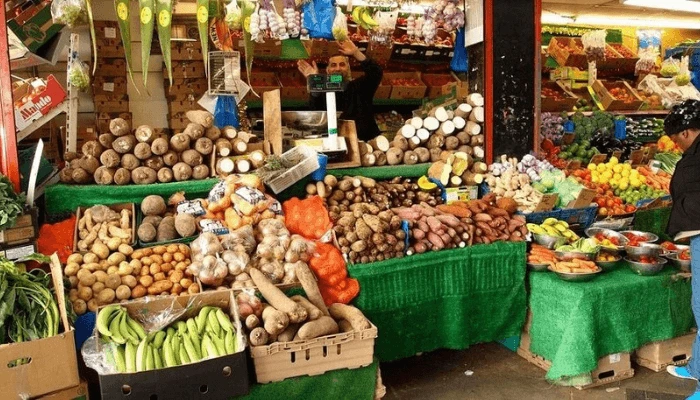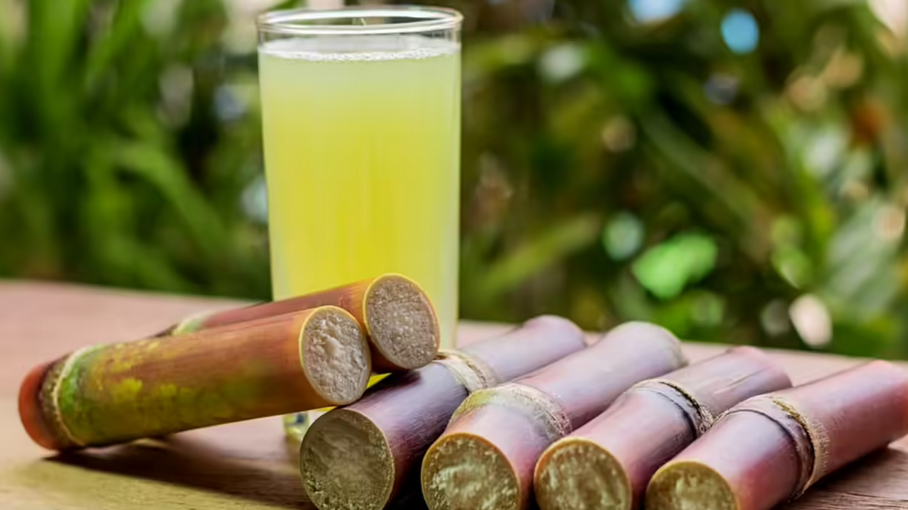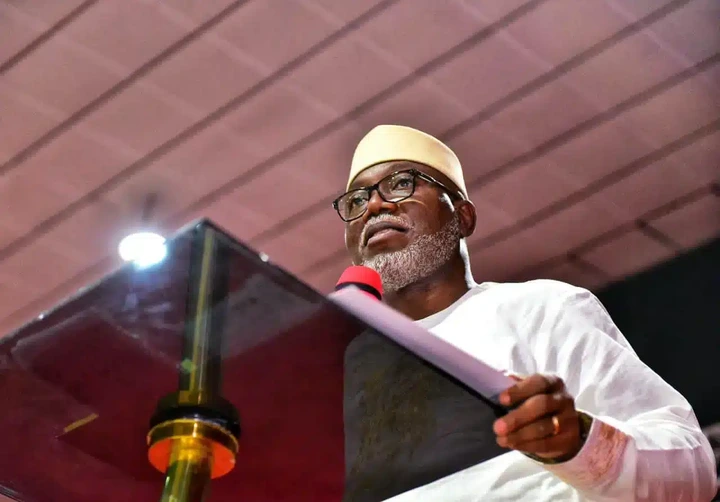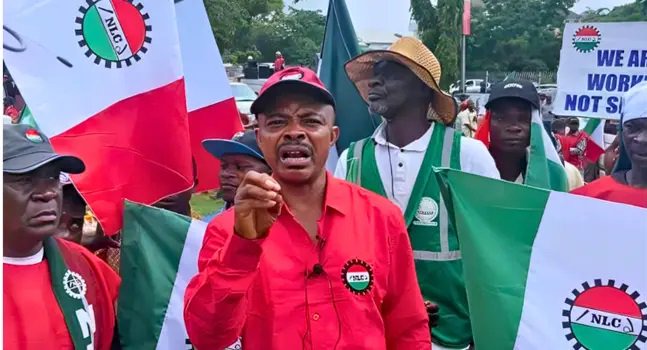Quickly! Watch The Video Before It’s Deleted! |Save Hot 3:00 Minutes $3x V!de0s To Ur Phone Directly | Watch 2:00 H0t $3x V!d0es Now!
INDEED STRANGE THINGS ARE REALLY HAPPENING! Man K!lls His Wife And Her Lover Then Surrenders to Police With Their Severed Heads. Watch The Full Video Before It’s Deleted.
Nigerian farmers have warned that food prices will remain high unless the burden of high production costs is addressed.
Rising fertiliser prices, escalating input costs, and worsening climate change are squeezing farmers’ margins, leaving many struggling to stay profitable and putting the nation’s food production at risk.
“Until the cost of inputs such as fertilisers, agrochemicals, seeds, transportation, energy and insecurity are adequately addressed, we won’t be able to crash food prices further,” said Kabiru Ibrahim, national president of the All Farmers Association of Nigeria.
There are possible catch-22 situations that could arise, making the policy inimical to internal economic growth, Ibrahim said, referring to the marching order given by President Tinubu to the Federal Executive Council (FEC) to take urgent measures to reduce food prices across the country.
Ibrahim noted that farmers are not sufficiently incentivised to produce due to prevailing market prices that are making profitability impossible.
He cited the current situation of rice and maize farmers grappling with high production costs, which have forced many to abandon cultivation.
Ibrahim noted that significant efforts are required to curb food inflation.
“We support the idea for available and affordable food for Nigerians, but we must take cognisance of sustainable solutions and certainly not ad hoc measures to bring about that, especially when such measures are likely to adversely affect in-country productivity,” he said.
“We must be sympathetic to both producers and users for equity and sustainability,” he added.
High costs of fertilisers, seeds, herbicides, and pesticides are pushing farmers in Africa’s most populous country to the brink, forcing many to reduce their cultivation areas.
Fertiliser prices have surged 41 percent year-to-date, while seeds and herbicides have increased by 10 percent this year, pushing farmers into shifting away from fertiliser-intensive crops.
“Farmers are suffering and the government wants them to produce and give it all out for free when production costs are rising,” said Jude Obi, a professor and president of the Association of Organic Agriculture Practitioners of Nigeria (NOAN).
“Prices of everything are going up. Even the government is increasing the cost for its services because of high production,” he said, citing the recent increase in passport rates. He called on the government to be intentional with its approach and address critical issues to make food prices affordable for Nigerians.
“Farmers are still producing because they don’t have a choice,” he said, noting that lots of them are producing at a loss.
In 2024, the federal government granted a food import waiver on rice, wheat, maize, and other essential food items to ameliorate the country’s worst cost-of-living crisis, largely driven by food inflation.
The food import waiver policy, which has helped crash food prices by 50 percent this year, has been described as a laudable move by the government. However, it is hurting smallholder farmers as they are unable to compete with cheaper imports.
Experts have expressed concerns, saying that reducing transport costs alone will not bring down food prices unless broader issues such as high input costs, insecurity, and other supply-side constraints are also addressed.
Edobong Akpabio, executive director of Greenport Nigeria, said it is possible to further crash food prices, but factors driving food costs must be addressed.
Mufutau Atayese, a professor and vice chancellor of the Federal University of Agriculture and Development Studies, Iragbiji (FUADSI), urged the government to move beyond addressing the issue of logistics to crash food prices.
“It is possible to crash the food prices, but there must be interventions in critical inputs, especially on staples mostly consumed by Nigerians,” Atayese said.
“States must begin to support farmers to focus on crops that they have comparative advantages in their production, as a medium to long-term measure to boost output,” he added.
Quickly! Watch The Video Before It’s Deleted! |Save Hot 3:00 Minutes $3x V!de0s To Ur Phone Directly | Watch 2:00 H0t $3x V!d0es Now!
INDEED STRANGE THINGS ARE REALLY HAPPENING! Man K!lls His Wife And Her Lover Then Surrenders to Police With Their Severed Heads. Watch The Full Video Before It’s Deleted.


 Entertainment4 months ago
Entertainment4 months ago
 Politics4 months ago
Politics4 months ago
 Breaking News5 months ago
Breaking News5 months ago
 Breaking News5 months ago
Breaking News5 months ago
 Breaking News6 months ago
Breaking News6 months ago
 Breaking News6 months ago
Breaking News6 months ago
 Breaking News6 months ago
Breaking News6 months ago
 Breaking News6 months ago
Breaking News6 months ago

